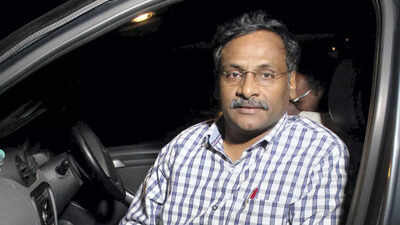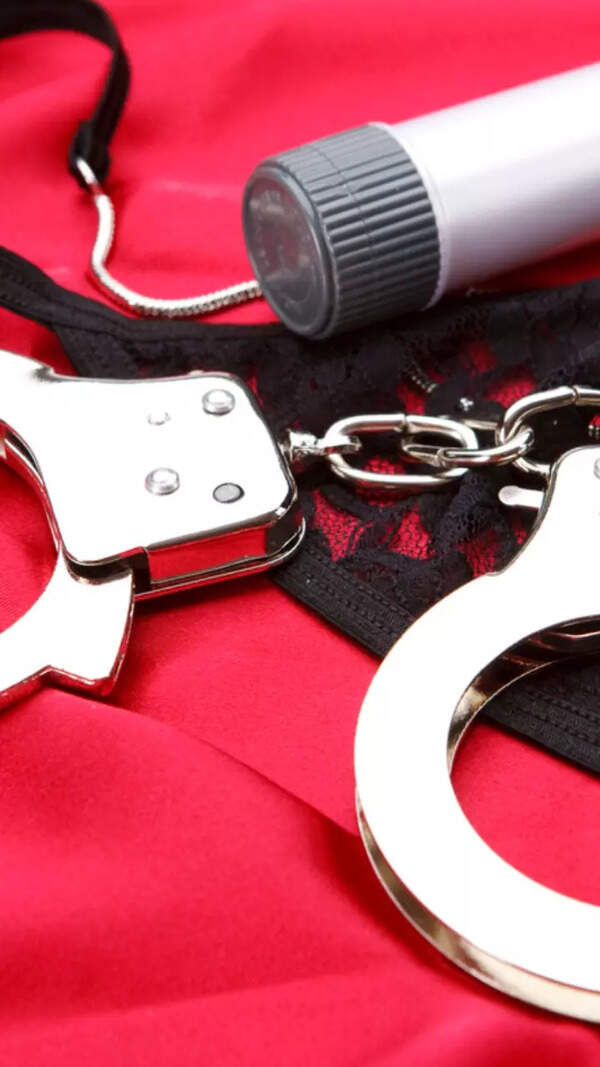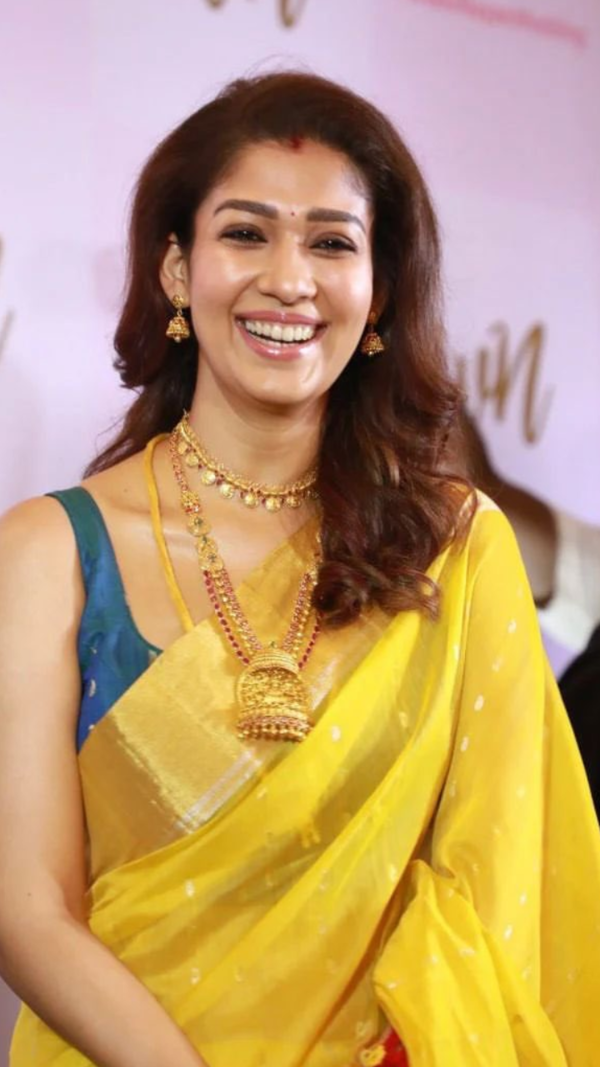Top Searches
- News
- India News
- Supreme Court nixes Maharashtra plea for stay on Saibaba relief, hearing today
Supreme Court nixes Maharashtra plea for stay on Saibaba relief, hearing today

GN Saibaba
NEW DELHI: The Maharashtra government on Friday rushed to the Supreme Court challenging an hours-old Bombay high court judgment acquitting GN Saibaba and five others in a case of alleged involvement with banned Maoist organisation by reversing their convictions by a Gadchiroli trial court under the Unlawful Activities Prevention Act (UAPA).
Solicitor general Tushar Mehta made an unscheduled mentioning before a bench of Justices D Y Chandrachud and Hima Kohli and sought stay of the operation of the judgment by arguing that the HC erred by reversing the conviction order of the trial court by taking into account a mere technicality of lack of sanction accorded for the prosecution of accused under UAPA by the Centre. He said these accused were convicted in a crime against the country and their release could have serious ramifications.
The bench said it would not be able to grant ex parte stay on an acquittal order but would ask the registry to list it for hearing on Saturday after requesting the CJI for constitution of a special bench. The SG agreed to make an appropriate application in that regard. The SC has set up a bench of Justices M R Shah and Bela M Trivedi, which will hear Maharashtra's appeal against acquittal of Saibaba and others on Saturday at 11 am.
A Nagpur bench of Bombay HC comprising Justices Anil L Panasare and Rohit B Deo on Friday said, "In view of the findings recorded by us, we hold that the proceedings in sessions trials... are null and void in the absence of valid sanction under Section 45(1) of the UAPA, and the common judgment impugned is liable to be set aside, which we do order".
The bench said as accused Vijay Nan Tirki is already on bail, his bail bond stands discharged. It ordered authorities to forthwith release accused Mahesh Kariman Tirki, Hem Keshavdatta Mishra, Prashant Rahi Nrayan Sanglikar and G N Saibaba from custody forthwith, unless their custody was required in any other case.
The Maharashtra appeal stated that the HC failed to appreciate that "even after the receipt of sanction against accused Saibaba, an application for recalling prosecution witness number 1 was filed by the prosecution. The trial court had allowed the said application since a 'no objection' was given by Saibaba. The HC also erred in not considering the fact that the issue of sanction was neither raised nor argued (by the accused persons) before the trial court and yet the trial court had rightly concluded the said point against the accused by ruling that there was no substantial failure of justice which had occasioned".
"The HC erred in not considering the fact that the accused being aware of the offences for which they were being prosecuted had by availing full opportunity to defend themselves, participated in the trial. Neither during the course of the trial not thereafter during the final arguments, the issue of sanction was raised before the trial court," the state said.
Solicitor general Tushar Mehta made an unscheduled mentioning before a bench of Justices D Y Chandrachud and Hima Kohli and sought stay of the operation of the judgment by arguing that the HC erred by reversing the conviction order of the trial court by taking into account a mere technicality of lack of sanction accorded for the prosecution of accused under UAPA by the Centre. He said these accused were convicted in a crime against the country and their release could have serious ramifications.
The bench said it would not be able to grant ex parte stay on an acquittal order but would ask the registry to list it for hearing on Saturday after requesting the CJI for constitution of a special bench. The SG agreed to make an appropriate application in that regard. The SC has set up a bench of Justices M R Shah and Bela M Trivedi, which will hear Maharashtra's appeal against acquittal of Saibaba and others on Saturday at 11 am.
A Nagpur bench of Bombay HC comprising Justices Anil L Panasare and Rohit B Deo on Friday said, "In view of the findings recorded by us, we hold that the proceedings in sessions trials... are null and void in the absence of valid sanction under Section 45(1) of the UAPA, and the common judgment impugned is liable to be set aside, which we do order".
The bench said as accused Vijay Nan Tirki is already on bail, his bail bond stands discharged. It ordered authorities to forthwith release accused Mahesh Kariman Tirki, Hem Keshavdatta Mishra, Prashant Rahi Nrayan Sanglikar and G N Saibaba from custody forthwith, unless their custody was required in any other case.
The Maharashtra appeal stated that the HC failed to appreciate that "even after the receipt of sanction against accused Saibaba, an application for recalling prosecution witness number 1 was filed by the prosecution. The trial court had allowed the said application since a 'no objection' was given by Saibaba. The HC also erred in not considering the fact that the issue of sanction was neither raised nor argued (by the accused persons) before the trial court and yet the trial court had rightly concluded the said point against the accused by ruling that there was no substantial failure of justice which had occasioned".
"The HC erred in not considering the fact that the accused being aware of the offences for which they were being prosecuted had by availing full opportunity to defend themselves, participated in the trial. Neither during the course of the trial not thereafter during the final arguments, the issue of sanction was raised before the trial court," the state said.
FOLLOW US ON SOCIAL MEDIA
FacebookTwitterInstagramKOO APPYOUTUBE
Start a Conversation
end of article









